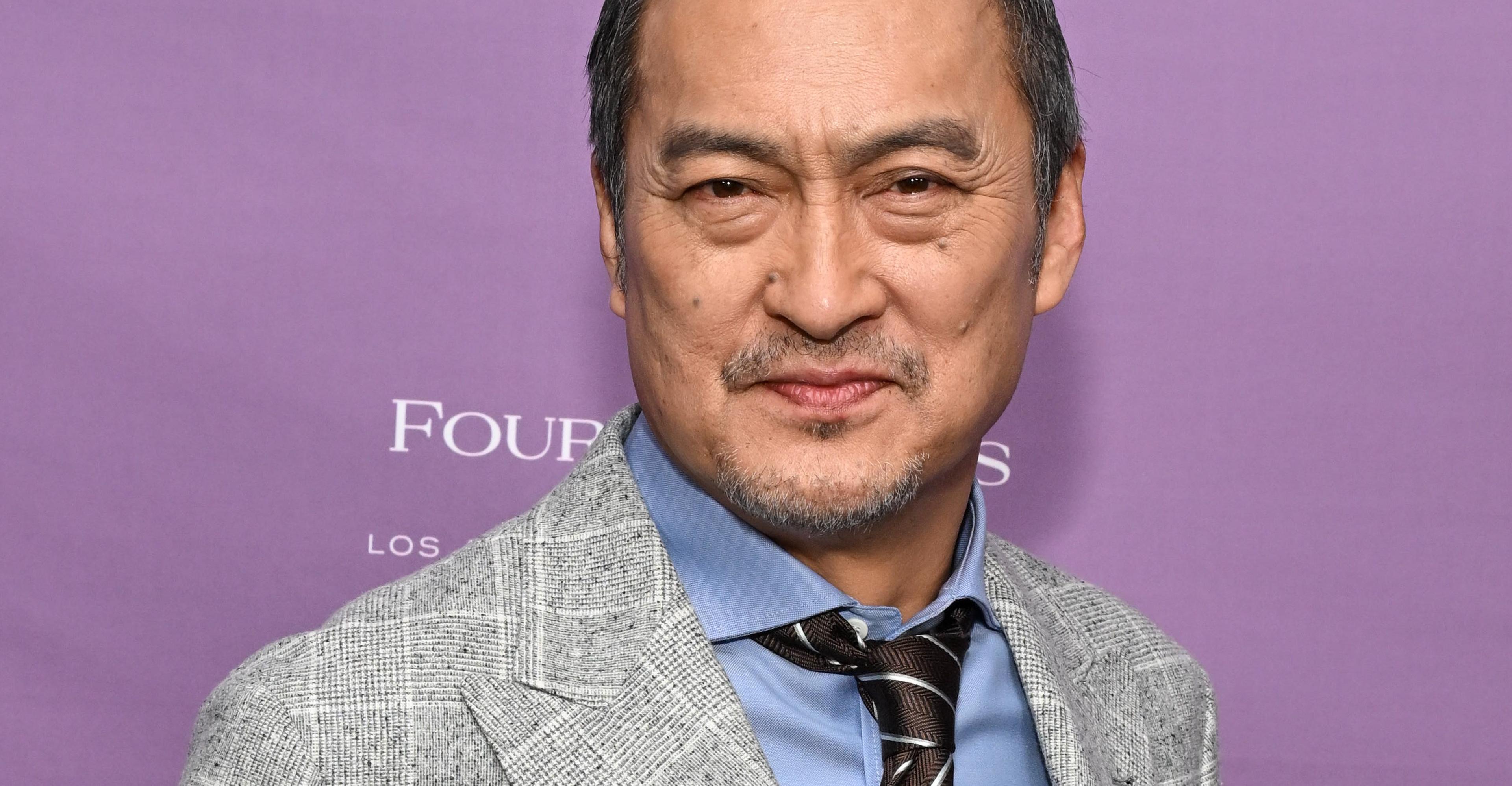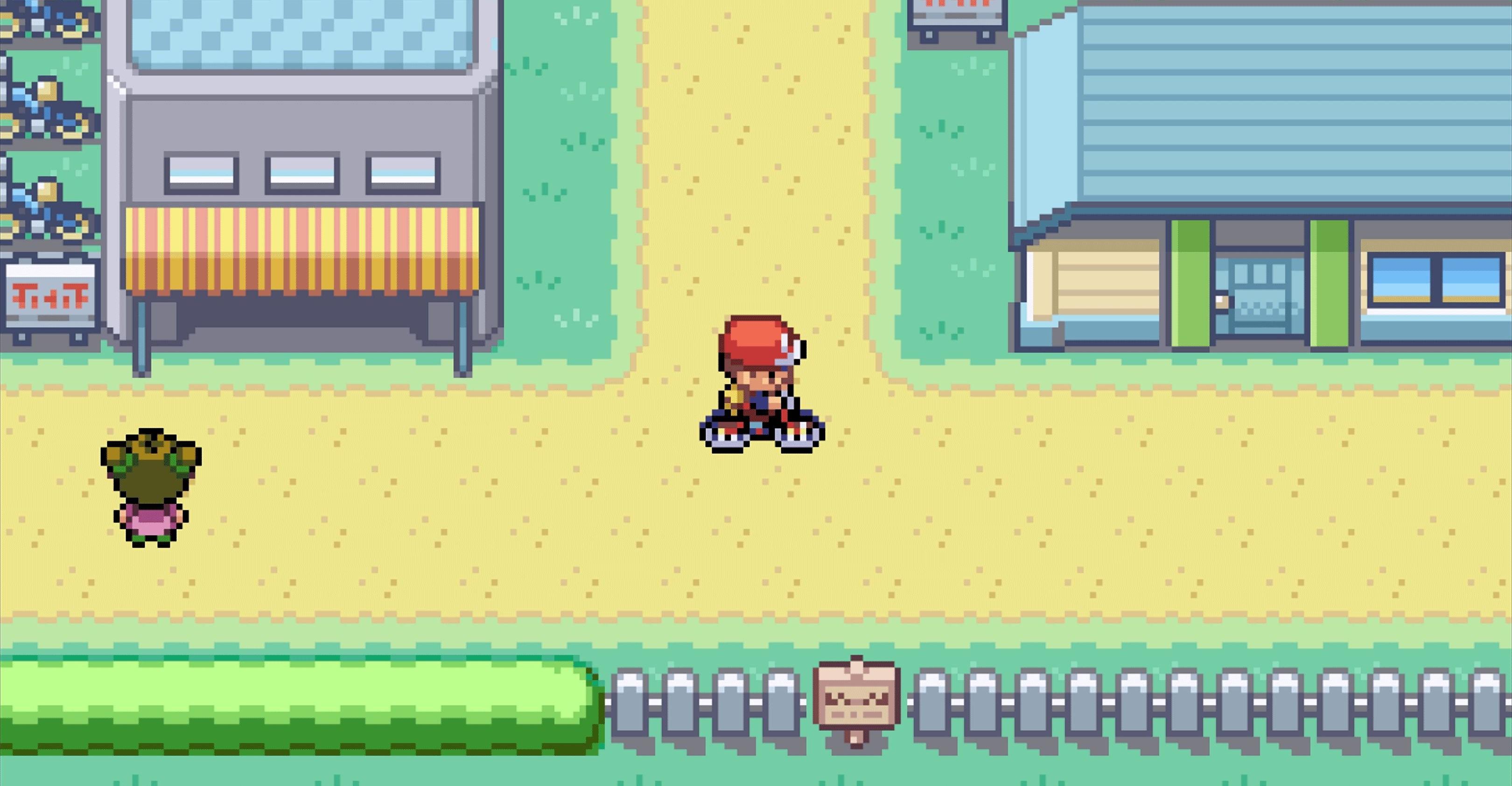South Africa still doesn’t have a government two weeks after elections, but may piece together a ruling coalition — and elect its next president — during a parliamentary session Friday. The political turmoil comes as the country moves into uncharted territor…

Published 2 years ago on Jun 19th 2024, 12:00 pm
By Web Desk

South Africa still doesn’t have a government two weeks after elections, but may piece together a ruling coalition — and elect its next president — during a parliamentary session Friday. The political turmoil comes as the country moves into uncharted territory. For the past 30 years, the African National Congress (ANC) — the party of freedom fighter and former President Nelson Mandela — has governed the country. But during this year’s elections, the ANC failed to win a majority amid concerns over its leaders’ ability to vanquish the effects of apartheid and to create true economic equality between Black and white South Africans. Voters also expressed frustration with years of corrupt politicians plundering the country’s resources and failing to address people’s needs like providing jobs, combating climate change, and providing safe housing — hence the rejection of the ruling party. All of that has forced the ANC to seek a coalition government — what it calls a government of national unity, or GNU — for the first time ever. The ANC, which as a party received 40 percent of the vote, the largest share of any party, invited the 17 other political parties to join a GNU. Many parties refused to go into coalition for ideological reasons, a sign of the immense fracturing in South African politics that this election revealed. The current ANC leader, President Cyril Ramaphosa, could win a second term in office, but it’s not a given. Other parties that have signed on to the coalition could put a candidate forward, though the majority-Zulu Inkatha Freedom Party (IFP) has pledged to back Ramaphosa. The Democratic Alliance, or DA, which is the main opposition party, has signaled a willingness to enter the coalition, but that’s not yet certain. One major spoiler has been a new entrant with a familiar leader: the uMkhonto we Sizwe (MK) party, headed by former President Jacob Zuma and named for the apartheid-era militant wing of the ANC. It is also a Zulu-majority party, seemingly reinforcing the trend of identity-focused political parties. Zuma cannot stand for president again or become a member of Parliament because he would not testify before an anti-corruption commission and was therefore convicted of contempt of court in 2021. But he has been extremely vocal in this year’s campaign, and attempted to stop Friday’s parliamentary session with accusations of vote rigging. (South Africa has a history of free and fair elections, and MK’s court case to stop Friday’s session was dismissed.) The formation of a GNU and the eventual election of a president doesn’t mean South Africa’s political problems are over; rather, this election has been a signal that the country’s democracy is not working for its people, and they want a significant change. But it’s anyone’s guess what that will look like come Friday. What happened to the promise of the ANC? Though the ANC has existed in some form for more than a century, it’s most closely associated with Mandela and the anti-apartheid struggle of the 1960s through the 1990s. Mandela’s and the ANC’s victory in South Africa’s first democratic elections in 1994 represented, at the time, a moment of possibility for the racially diverse and less stratified country. The promise of a more just society after centuries of barbaric racist policies and the deadly struggle for liberation and dignity was deeply poignant and inspiring. Mandela’s Parliament set up a Truth and Reconciliation Commission in 1995, which sought to bring the crimes of the apartheid government and the liberation struggle to light and, in some cases, hold the perpetrators of those crimes to account. The recommendations and implementation of the TRC, though, have been stunted; the government has, in many cases, declined to prosecute people found to have committed gross human rights violations during apartheid, and the suggested reparations paid to victims of those violations and their families have been insufficient. Thirty years after the official end of apartheid and despite a multiethnic government, conditions for the majority of Black South Africans continue to be dismal. South Africa is one of the most unequal countries in the world, with very few high earners and about 55 percent of the population living in poverty. Unemployment is at 33 percent overall, and sits at 45.5 percent for young people. An estimated 24 million people need welfare assistance from the government. The ANC has instituted affirmative action programs to help reverse the systemic inequalities Black people face in accessing housing, land, education, and jobs. Those programs are popular, but they can only do so much to help when the overall economy is struggling — and has been for years. The government is unable to supply some of the basic necessities of life for millions of South Africans — including running water, decent housing, and even electricity — never mind planning for and managing the crisis that will come with climate change. Race and access to education are the two highest drivers of this inequality, according to a 2022 World Bank report. Political corruption is partly to blame for all of these issues as well. Zuma, for instance, has faced multiple corruption scandals and stands accused of plotting to give business partners control of billions of dollars worth of state assets. He was found to have facilitated illicit deals between the state-run Eskom electricity company and those same business partners, which resulted in the loss of hundreds of millions of dollars and rolling electricity blackouts that still plague the country. And it’s not just Zuma — other leaders, in both the government and private sector, have been accused of corruption as well. Given the dire situation — and despite apparent corruption — it’s not hard to imagine the appeal of parties like MK, which advocates for policies like land redistribution from white farmers to Black South Africans. What happens when democracy doesn’t deliver? Even with a coalition government hopefully in the making, it’s unclear what the future holds. Despite concerns about the rise of other parties, particularly MK and the Economic Freedom Fighters, a Marxist group, Sizwe Mpofu-Walsh, a lecturer in international relations at the University of the Witwatersrand in Johannesburg, sees the possibility for some positive change. “The new coalition era in South Africa may well provide a vital opportunity for institutional strengthening, particularly within the parliamentary system,” Mpofu-Walsh wrote for Foreign Affairs. “The ANC’s dominance allowed it to expedite decisions through parliament, often sidestepping robust debate and scrutiny. During its corruption scandals, the ANC has shielded its presidents from accountability. With no single party in control, however, South Africa’s parliament, its top court, and other accountability mechanisms can become more effective and assertive.” Political competition and outright opposition are positive for democracy, as is the strengthening of political institutions. But there are still some of the same players within the government — Ramaphosa and Zuma in particular — who helped drive South Africa where it is today, which raises the question of just how much change South Africans can expect under their new government. South Africans have been clear that the ANC isn’t delivering for them. But as of now, it’s not clear what any coalition government can do to improve ordinary people’s lives, ensuring they can afford to eat and have access to water, housing, jobs, and electricity. Part of the answer lies in a plan to grow the economy, which the center-right DA says it hopes to do. But many South Africans see it as a party serving primarily white interests, and it opposes affirmative action and land redistribution, which have been core parts of efforts to repair the wrongs of apartheid. That perception is indicative of the identity politics that have started to take hold in South Africa, though “the potential for identity politics, racial politics in South Africa has existed throughout the entire post-apartheid period,” according to Michael Walsh, program director at the Center for African Studies at Howard University and senior fellow at the Foreign Policy Research Institute. “The lesson learned from all of this is that identity politics can actually result in a capture of a significant percentage of the vote in a very short time period,” Walsh told Vox. “And in a world where you don't have a single party-dominant state anymore, and you have a very split vote amongst many, many parties, even getting the percentage of the vote [...] is enough to get you a seat in the government.” The task for the next government — whatever its makeup — will be to deliver dignified jobs and grow the economy in a way that is aimed at real material change for South Africans, and quickly, in order to preserve the coalition and maintain a stable government. But that will be challenging in a political landscape in which, as journalist William Shoki wrote in a recent New York Times op-ed: “The question of who we are has superseded more programmatic questions of what kind of society South Africans want to live in.”

Gold prices continue to surge in Pakistan, global markets
- 40 minutes ago
Six cops including DSP martyred in Kohat attack
- an hour ago

Ken Watanabe didn’t think a kabuki movie would work
- 11 hours ago
Imran Khan’s sister Noreen Niazi injured after falling into under-construction sewer line
- 22 minutes ago
Met office forecasts dry weather in most parts of country
- an hour ago
Three Federal Constabulary personnel martyred in terrorist attack in KP’s Karak
- a day ago
Senate passes resolution rejecting Israeli statement, reaffirms support for Palestine
- 2 hours ago
Security forces kill four terrorists in DI Khan IBO: ISPR
- an hour ago
Iran says any US attack including limited strikes would be ‘act of aggression’
- a day ago
UN chief decries global rise of ‘rule of force’
- 21 hours ago

Nintendo’s next big Pokémon presentation is on February 27th
- 11 hours ago
The Pixel 10A and Soundcore Space One are just two of the best deals this week
- 2 hours ago
You May Like
Trending







